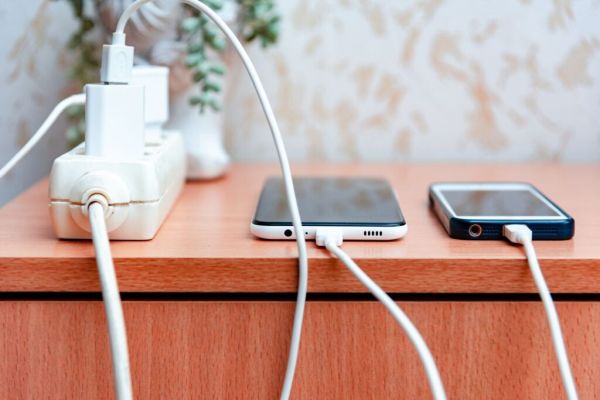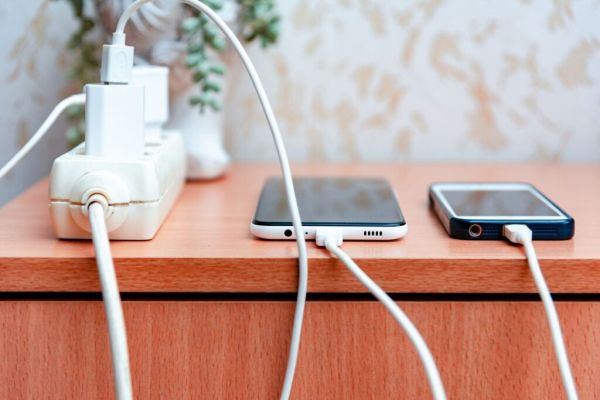

In today’s digital life, it has become a common scene that a friend, colleague or acquaintance suddenly comes to you and asks for your charger. It may seem helpful when needed, but experts are now warning that it’s not just a benevolent map — it may contain some risks that need to be considered.
Why is this problem occurring?
When we share our charger or borrow someone’s charger, we often proceed thinking that it will be no big deal. But technology security analysts say this action could blur the line between data security and personal ownership.
For example, Charles Henderson, an expert at cybersecurity firm IBM Security, said that “borrowing a charging cable is as risky as giving away your passwords.”
Why not safe?
Someone else’s charger (or any cable at hand) is actually more than just a medium for power supply — it also has the potential for data transfer. When you borrow or give someone’s charger, unwanted software may be installed on your device or your data may be accessed through that cable.
Additionally, through charging ports located in public places, technical manipulations like “juice‑jacking” may also take place, which means that the mobile is charging due to power but data is also being stolen.
Technically speaking, when you use a borrowed charger or shared cable, you trust that the person has not tampered with the cable or hidden any malware in it.
social and personal responsibilities
When you give your charger to someone, you are not only sharing an electronic device, but you are also sharing a trust and an asset. From this point of view the question arises whether we should consider such a habit as normal?
Frequently lending personal equipment can create ownership issues for you if it is damaged or accidentally lost.
Spontaneity is often the driving force behind sharing, but experts say “moving too spontaneously can prove to be a security risk.”
What to do and what not to do?
First of all, always carry your charger with you and whenever possible, do not borrow from others.
If someone needs immediate help, giving a power bank instead of your charger is a safer option.
When using charging cables or ports in public places, ensure the cable is from a reputable source, and use your own power adapter and socket whenever possible.
Before sharing, make sure the cable or charger is defect-free and from a trusted brand — counterfeit or low-security devices may cause problems.
To overcome Vitamin D deficiency, not only sunlight, these 4 things are also necessary